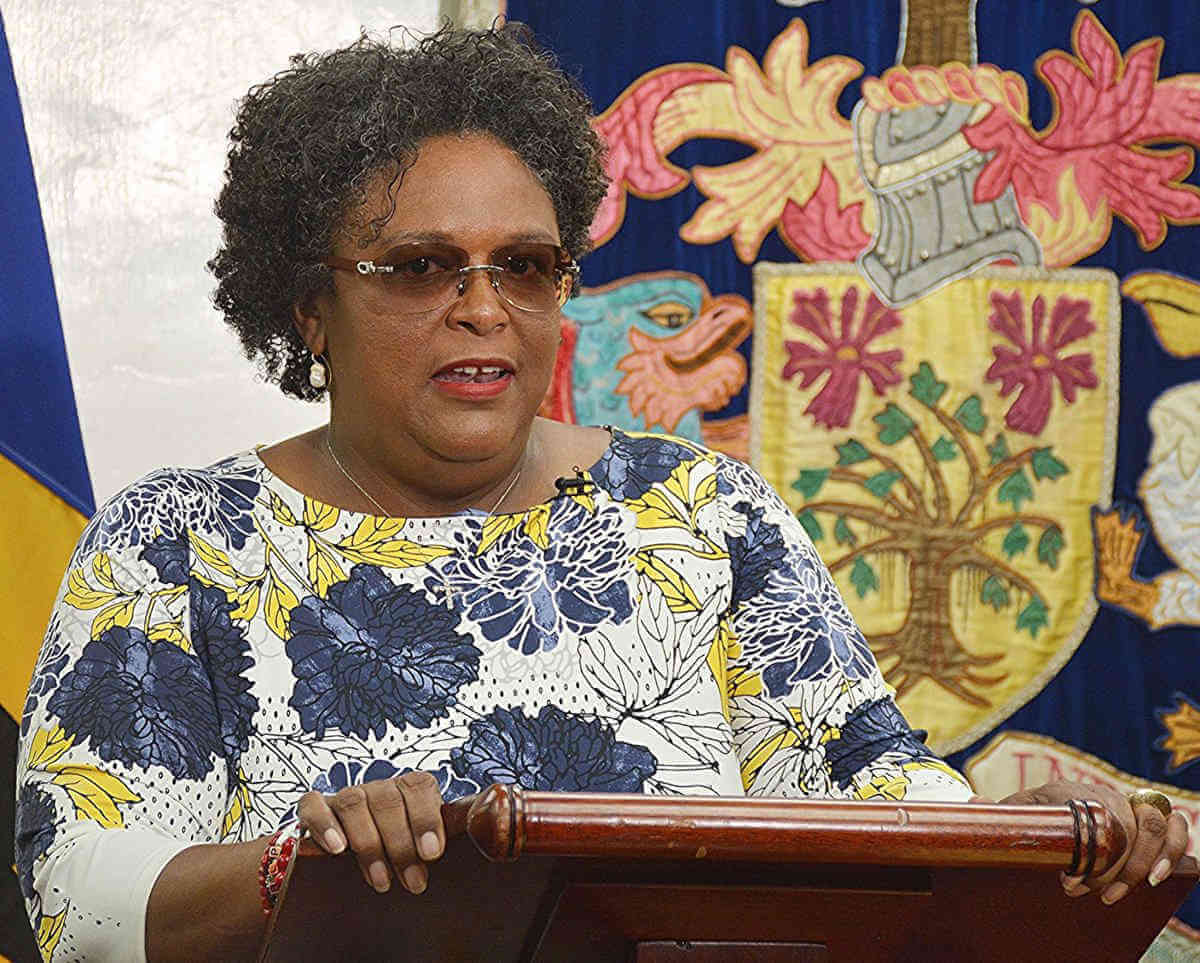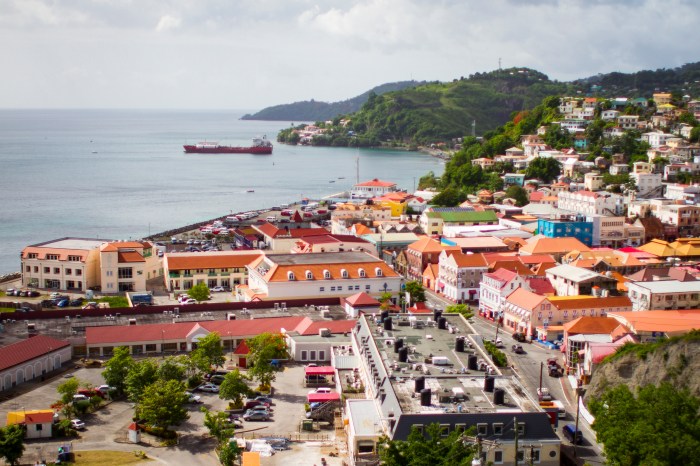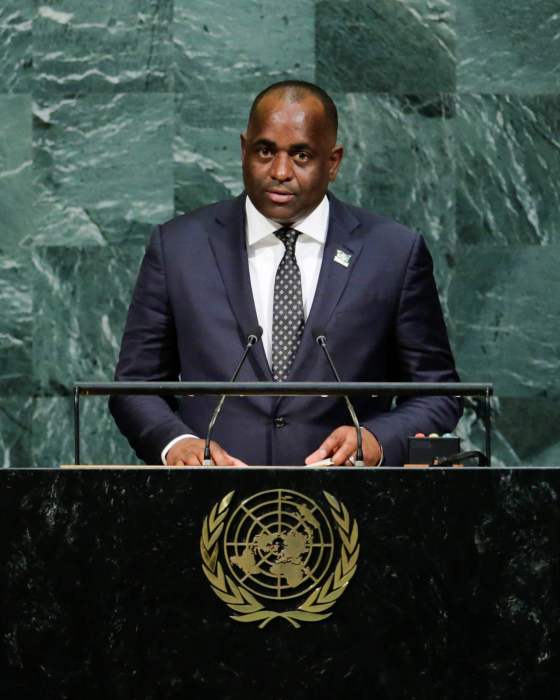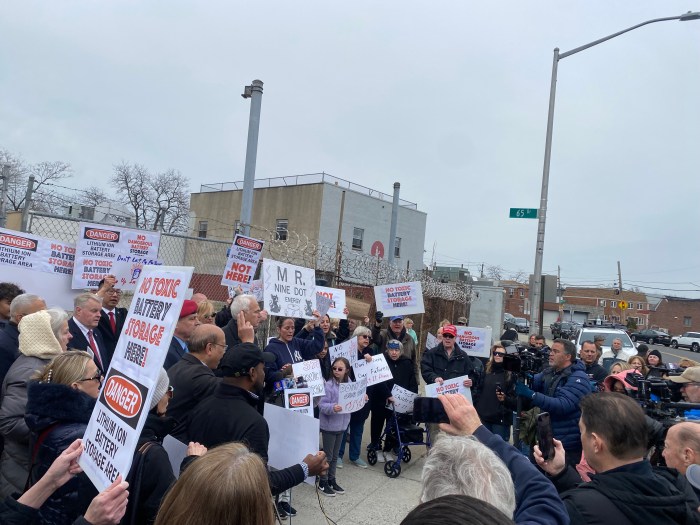On the eve of its first anniversary Barbados’ government is basking in a positive report on its financial restructuring and removal of threats to international business, atop several social and economic achievements.
When the Mia Mottley-led administration swept into office on May 25, 2018, creating history in the process by being the first political party in Barbados to win all available parliamentary seats and catapulting her into becoming the island’s first woman prime minister, it inherited an economy suffering from persistent decline with apparently insurmountable debt.
Within days after her government’s historic win of the 30 parliamentary seats, Mottley revealed that officers had discovered a Treasury in worse shape than originally thought with national debt being at above 155 percent of GDP, equalling over $7.5 billion in outstanding loans received from local and international agencies, and in excess of $750 million in arrears for goods and services taken along with other financial commitments.
Added to this, no organisation worldwide was willing to lend to the country because of its junk credit standing that stemmed from more than 20 international financial rating downgrades over the past 10 years, and international currency reserves had fallen to a perilous $220 million.
Consequences at home were severe as the cash-strapped past government had been unable for years to pay citizens their income tax returns and deliver VAT refunds to businesses. Meanwhile the tourism sector, bread and butter to the Barbados economy, was being placed under threat as visitors and travel agencies spread word of sewage seeping onto streets and hospitality businesses on the south coast for years.
It was against this dismal backdrop that last week, a year after election victory, Mottley accompanied by an International Monetary Fund official, strutted into a press conference at which the IMF representative announced the second straight approval of a financial support plan, and she revealed that the European Union (EU) had lifted its blacklist of the island as a non-cooperating offshore business centre.
To have in the first instance obtained an IMF loan without draconian conditions was by itself an achievement. With its junk status credit rating the last loan the previous government obtained fetched a repayment at 7.5 to 8.5 percent, and this was subject to rise with every successive downgrade.
Instead of depending on the IMF to design their recovery scheme, new government finance and planning specialists devised a Barbados Economic Recovery and Transformation Program (BERT), which the Fund approved within months.
Coming with that approval is a $290 million loan from the IMF at the concessionary interest rate of one per cent.
The money is paid out in tranches subjected to periodic reviews of the BERT programme.
The IMF announcement at the press conference was one such review.
“Barbados continues to make strong progress in implementing its ambitious and comprehensive economic reform program. International reserves, which reached a low of US$220 million at end of May 2018, have more than doubled since then. The rapid completion of the domestic part of a debt restructuring has been very helpful in reducing economic uncertainty, and the new terms agreed with creditors have put debt on a clear downward trajectory” the IMF official stated.
The island’s removal from the EU blacklist opens the door to international business companies in the jurisdiction to continue their worldwide operations without fear of sanctions.
Hosting international businesses has been the second only to tourism as a source of foreign exchange but the sector was for years under threats, owed to changing impositions by international bodies, including the EU. Slow or no action by the past administration put the Barbados-based companies on the brink of international business isolation because of blacklisting.
The Mottley administration re-acted with a series of legislative changes that protected the international business sector while meeting EU needs. Her announcement of the island’s removal from the blacklist was the reward for swift action.
Staying off the blacklist is tricky because of the frequently changing conditions, but the agility this government displayed gives confidence that the next and new target will be met.
The international reserves have rebounded from $220 million, a state that allowed for only 7.2 weeks of essential imports, to $532, which is equivalent to 14 weeks of imports, two weeks of cover above the international benchmark.
The sewerage system has been fixed and is rapidly receding from the memories of Barbadians like a bad dream. Income tax returns are being paid out and VAT refunds met.
And, government has resumed full payment of university fees for all Barbadians. Citing economic difficulties, the past administration had cut off a portion of that payment in 2014. This had hit hard a nation that enjoyed free education at every level since independence in 1966.
Amidst revised and new laws to encourage investment several new companies have either entered the island or announced plans to do so.
The most impactful downside so far has been retrenchment of an estimated 1,000 persons because of a need to trim a bloated public service.
A $15 million fund was set aside to retrain those laid off workers.
An all-encompassing tax that hit every imported item in a country, which is more than 75 percent import dependent was repealed. Several other taxes were introduced, but unlike the two-year-old tax on all imports, the new levies gave consumers options of limiting use of the newly taxed items.
For the past year, government has been shaving off its debt through efficiency and a few financial arrangements with local and foreign debtors, some of which are yet to be concluded.
The result is that the debt as a percentage of GDP has moved from 155 at June 2018 to 125 at March 2019. The international benchmark for manageable debt to GDP is 60 percent or lower of GDP, so while the 25 percentage points reduction has not taken Barbados out of the woods, it moved the country from the brink of insolvency.
The first year achievements gave Mottley cause to say, “we have a few more road signs to pass, but as long as the people of Barbados stay the course, I assure you that we shall be successful in being able to overcome what really was a very turbulent and difficult legacy.”

























